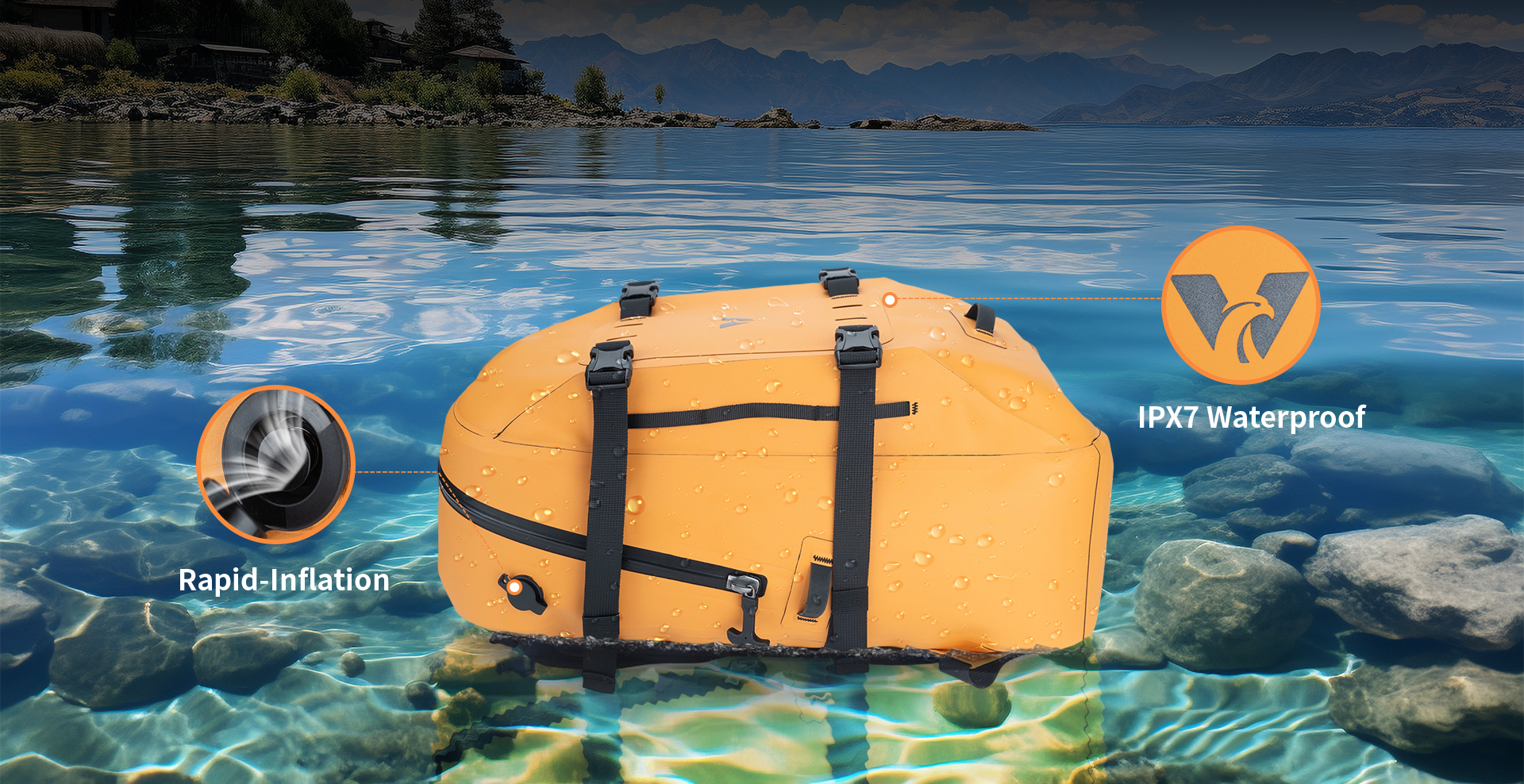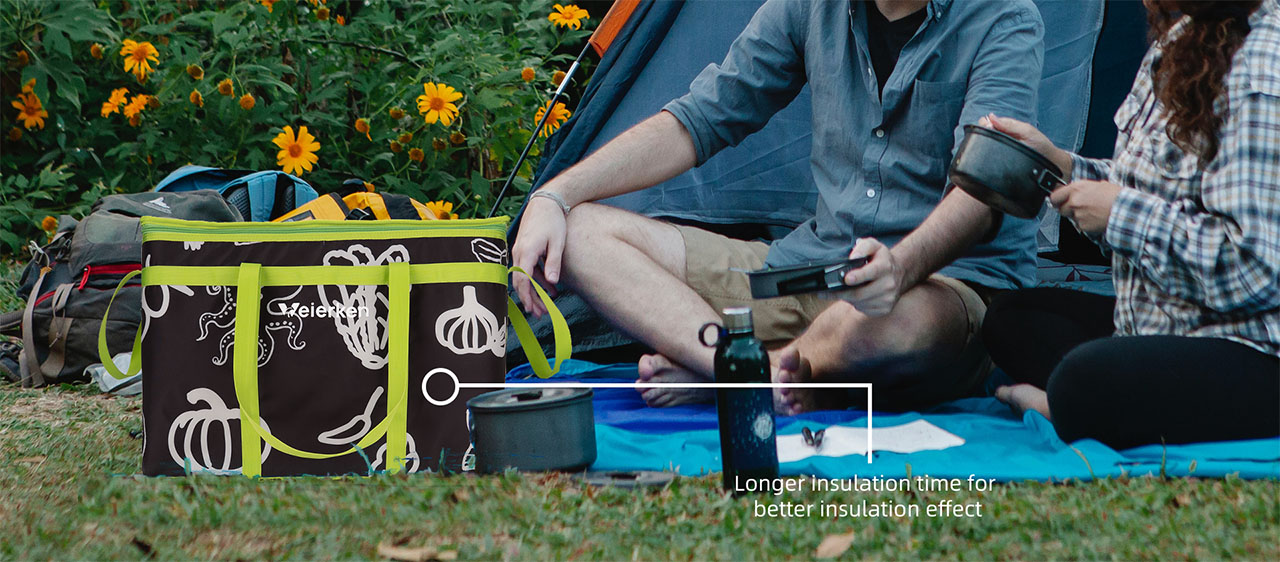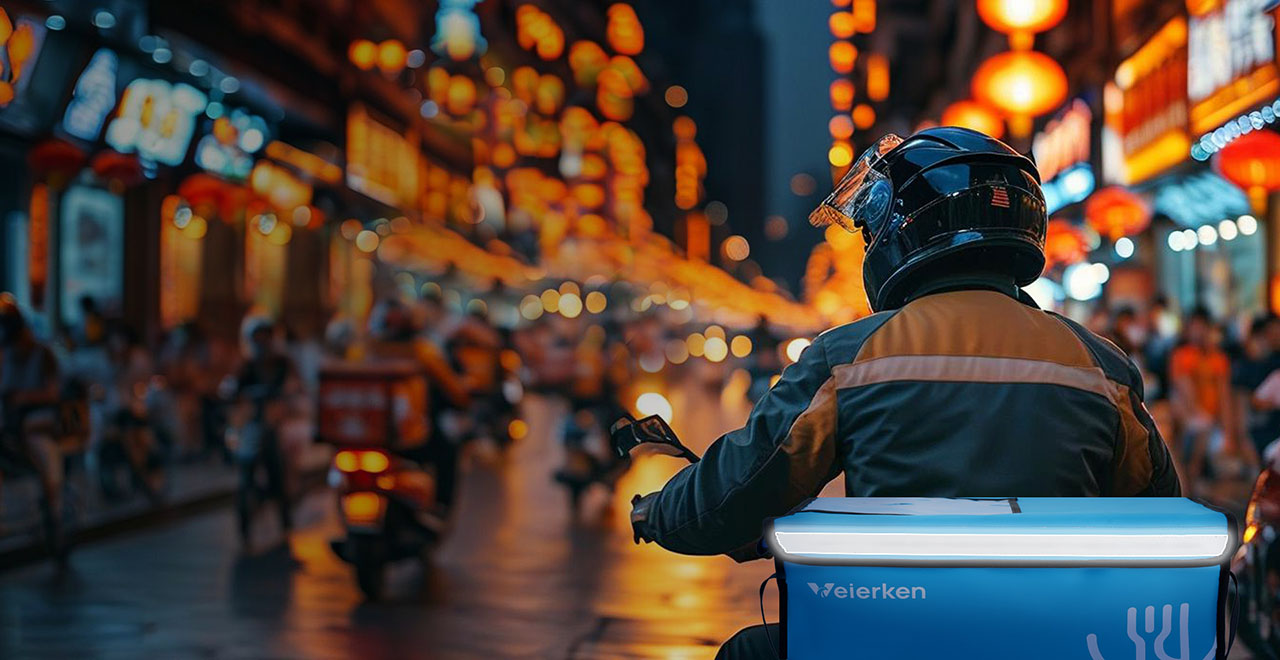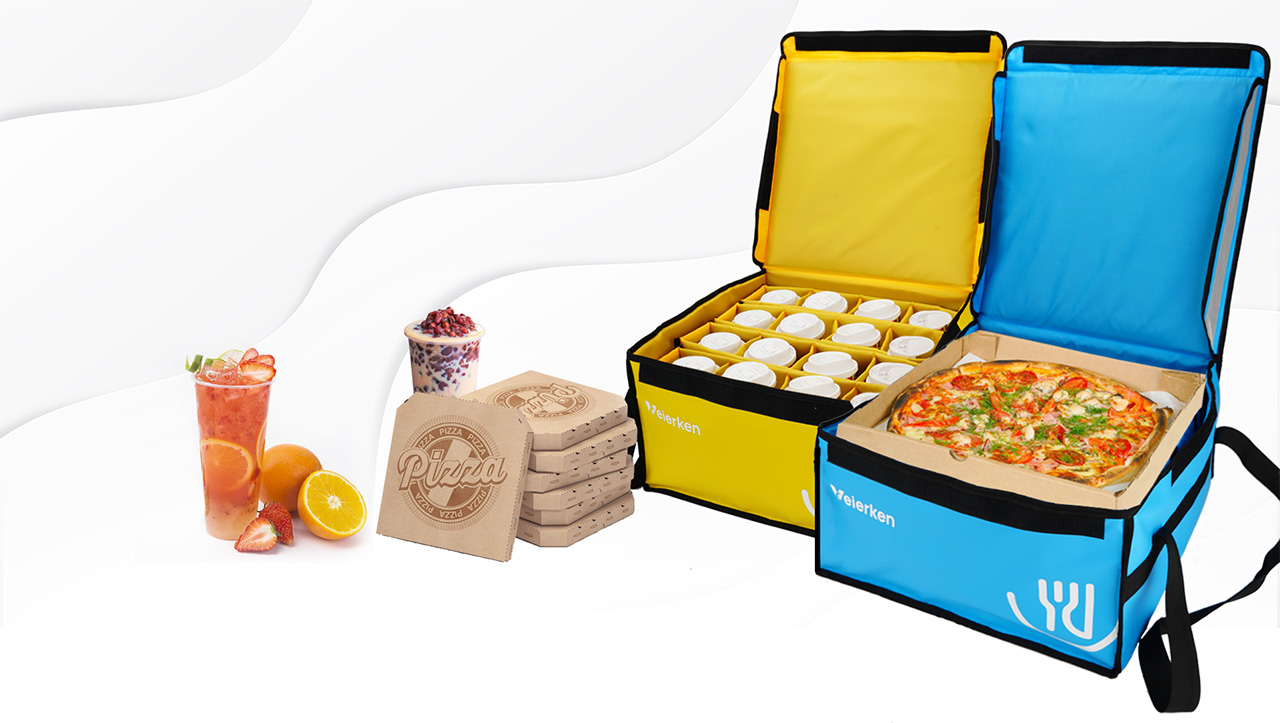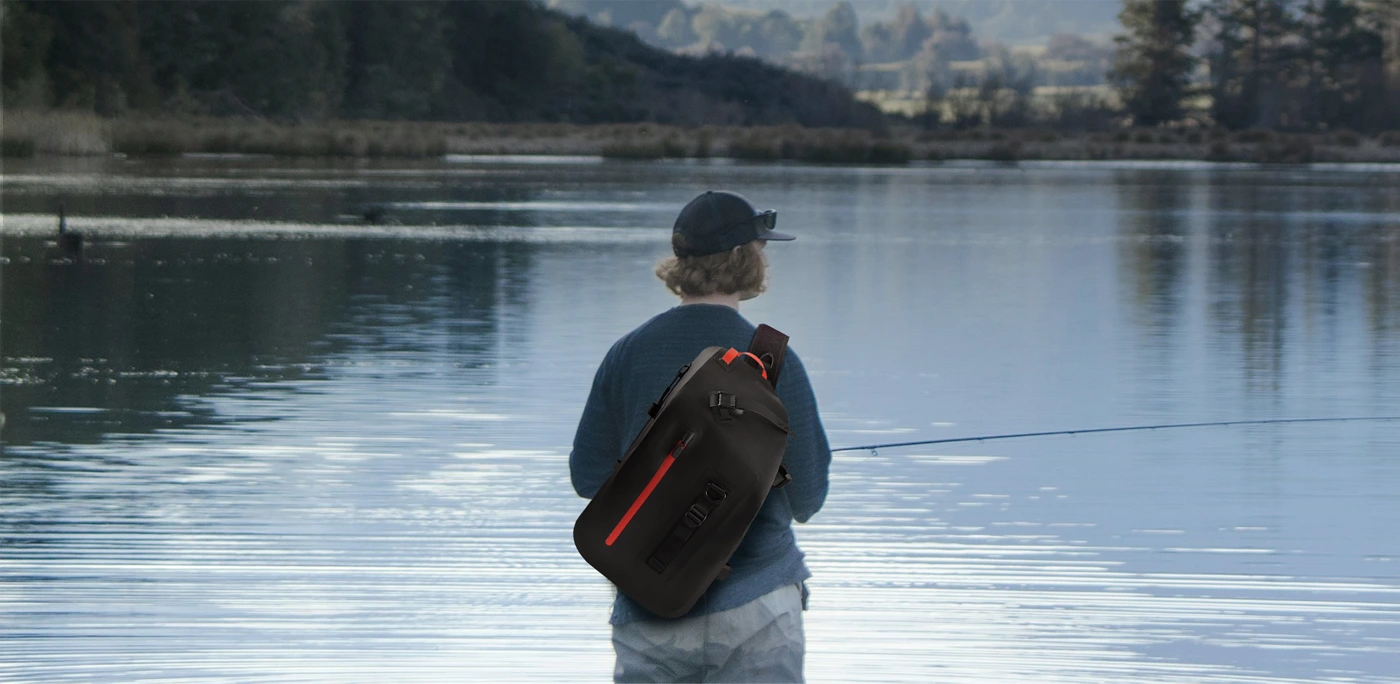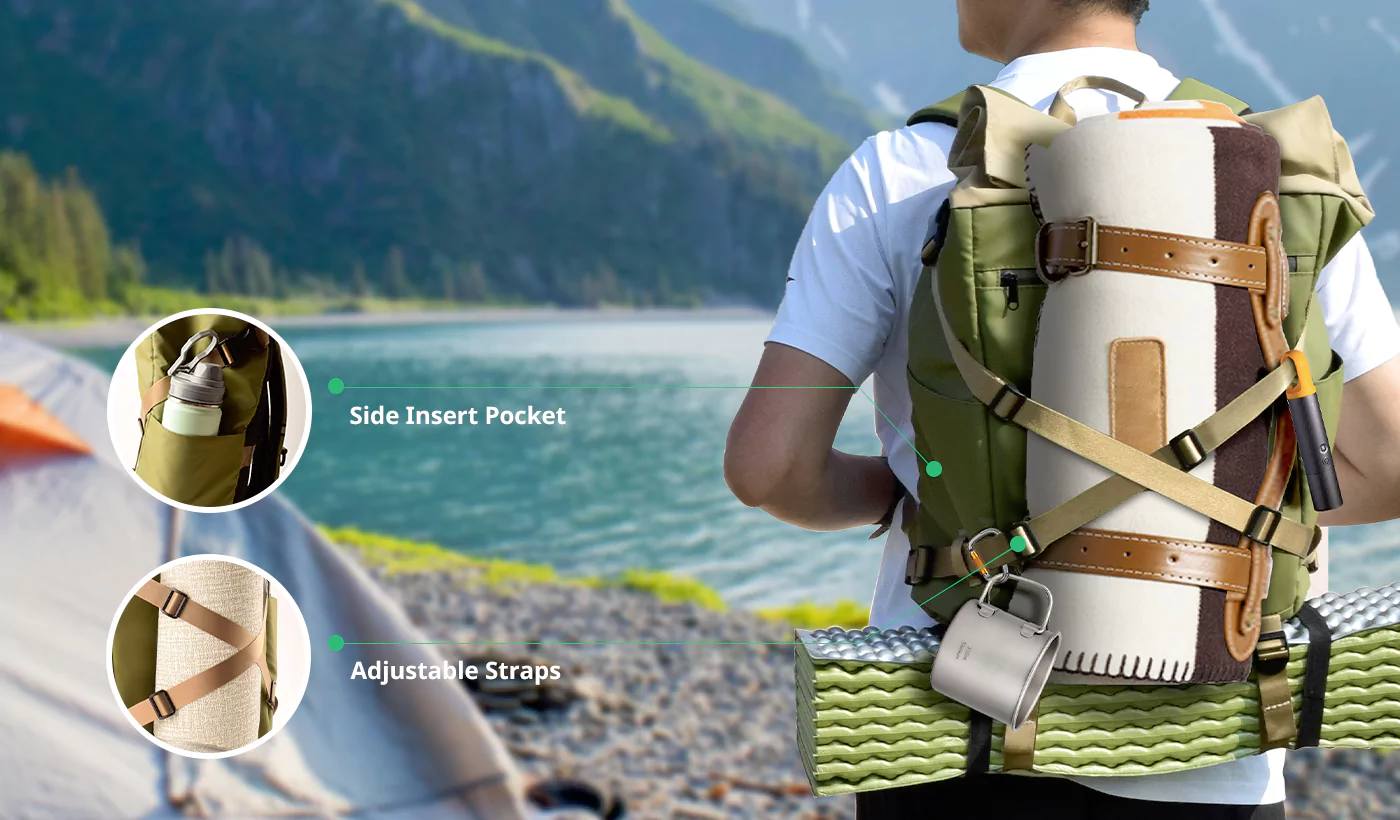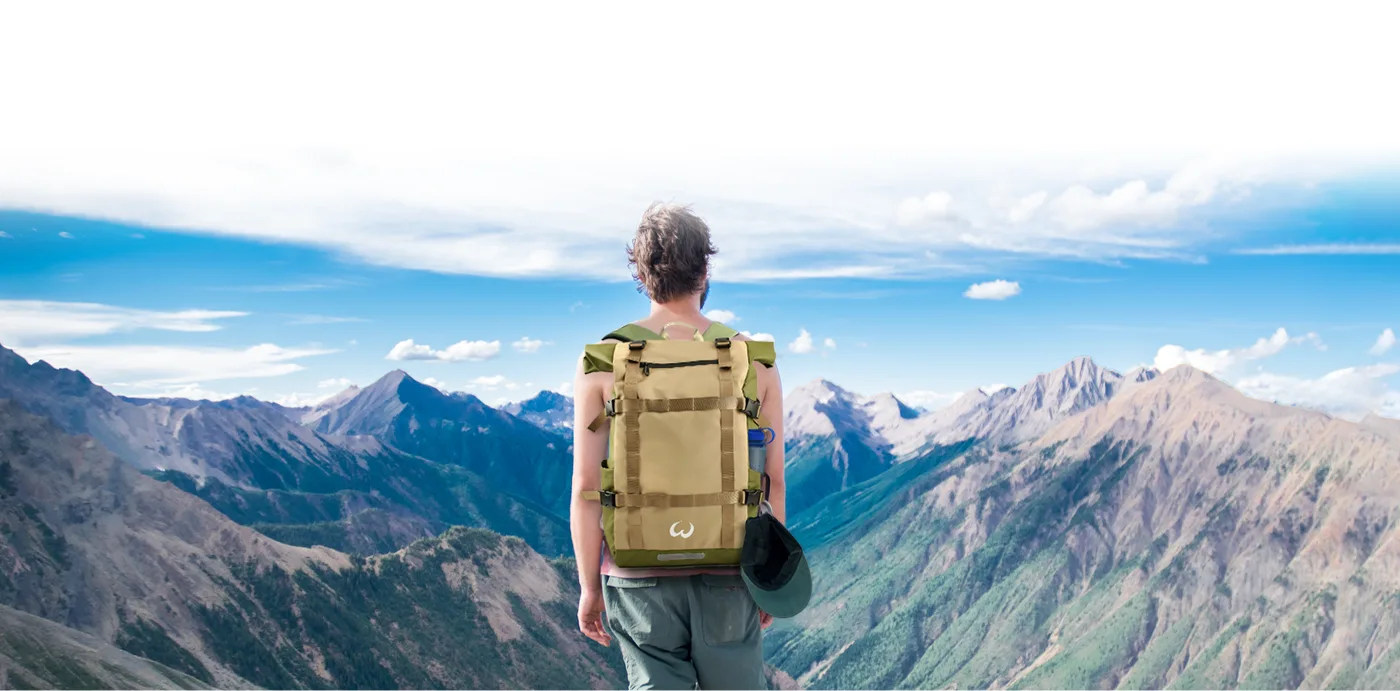For business owners, procurement specialists, and brand managers, the decision to source foldable shopping bags bulk is no longer just about offering a reusable alternative. It’s a strategic move that directly impacts brand perception, operational efficiency, and sustainability metrics. This guide is crafted specifically for you—the B2B decision-maker. We will dissect the critical factors in procuring custom foldable bags, moving beyond consumer-facing messaging to the core operational, compliance, and value-driven aspects that matter for your business.
In a competitive landscape, the right supplier isn’t just a vendor; they are a partner in bringing your brand’s eco-commitment to life. This requires a deep understanding of your commercial needs, from stringent compliance to seamless logistics. Companies like Weierken have built their expertise around these precise B2B requirements, offering end-to-end solutions that align with corporate procurement standards.
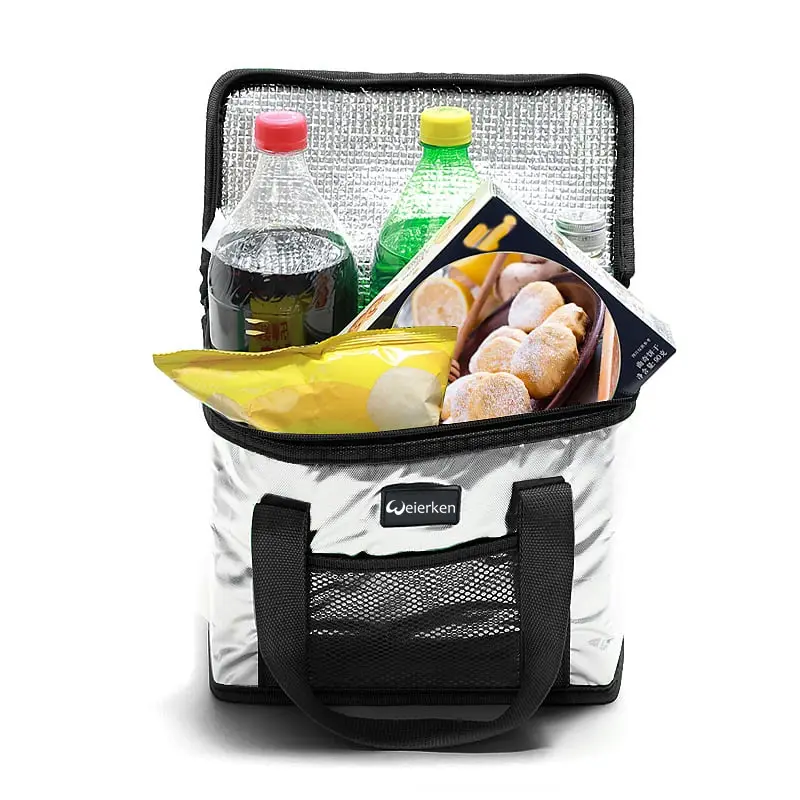
The B2B Case for Bulk Foldable Shopping Bags
Addressing Core Commercial Pain Points
For businesses, the shift to custom foldable bags is driven by tangible commercial objectives:
- Retail & Supermarkets: The primary pain point is the legislative and consumer pressure to eliminate single-use plastics. A bulk order of durable, branded foldable bags provides a sellable, profitable alternative that keeps your brand in circulation long after the checkout. It transforms a cost center into a potential revenue stream and a powerful marketing tool.
- Promotional & Event Agencies: The challenge is creating high-impact, useful giveaways that aren’t immediately discarded. Custom foldable bags solve this by offering exceptional utility and visibility. Their compact nature means you can ship and store thousands of units cost-effectively for large-scale events, trade shows, and corporate gifting campaigns.
- Brands & Corporate Gifting: The objective is to embody corporate social responsibility (CSR) in a tangible product. A well-made foldable bag communicates a genuine commitment to sustainability, enhancing ESG (Environmental, Social, and Governance) reporting and strengthening stakeholder relationships.
Universal Procurement Factors: Your Sourcing Checklist
When evaluating suppliers for your foldable shopping bags bulk order, these non-negotiable factors must be on your checklist.
1. R&D and Customization Capabilities
A supplier’s ability to translate your vision into a market-ready product is paramount. Look for:
- Market Insight & Design Support: A proficient partner doesn’t just take orders; they provide insights. They should advise on optimal bag dimensions, handle types (flat, webbing, die-cut), and closure mechanisms (zipper, snap button, drawstring) based on your target audience and use-case. Weierken, for instance, offers dedicated design support to ensure your bag is both functional and manufacturable at scale.
- Rapid Prototyping and Iteration: The speed and quality of the sampling process are critical. You need a supplier who can deliver accurate prototypes quickly, allowing for physical inspection, feedback, and iterative refinements before mass production commences.
- OEM/ODM Services: Whether you have complete artwork (OEM) or need a supplier to develop a concept from scratch (ODM), flexibility is key. This includes expertise in various printing techniques (screen printing for vibrant solids, heat transfer for complex gradients) and material combinations.
2. Environmental Compliance and Material Science
“Eco-friendly” is a broad term. For B2B procurement, it must be backed by verifiable credentials.
- Material Accuracy: Know your materials. RPET (Recycled Polyethylene Terephthalate) is a leader, made from post-consumer plastic bottles. It’s crucial your supplier can trace this material and provide evidence. Other options include rPET non-woven fabric, RPET canvas, and certified organic cottons.
- Certifications Matter: These are your proof points. The Global Recycled Standard (GRS) certifies the recycled content. REACH compliance ensures the product is free from harmful chemicals for the EU market. Social accountability audits like BSCI are increasingly important for brand reputation, ensuring ethical manufacturing.
- Sustainable Trends: Be prepared for client demands for compostable materials or closed-loop recycling programs. A forward-thinking supplier should be able to discuss these trends and offer viable solutions.
3. Production Capacity, Lead Times, and Reliability
A great product is useless if it doesn’t arrive on time.
- Realistic Delivery Windows: A professional supplier will be transparent about lead times, which typically range from 25 days for standard orders to 65 days for complex, high-volume customizations. This includes time for material sourcing, production, quality control, and shipping.
- Handling Peak Season and Rush Orders: Inquire about their capacity to handle bulk orders during peak seasons (e.g., Q4 holidays) and their policy on urgent replenishment orders. A robust supply chain and production line are indicators of a reliable partner.
- Quality Control Infrastructure: Ask about their in-process and pre-shipment inspection protocols. This ensures consistency and prevents costly recalls or customer complaints.
4. Essential Certifications for B2B Assurance
Never compromise on certifications. They are your risk mitigation strategy.
- ISO 9001: Certifies a quality management system, ensuring consistent product quality.
- BSCI (Business Social Compliance Initiative): Audits and improves social standards in the supply chain.
- FDA Compliance: Crucial if your bags are intended for direct food contact, a common requirement for grocery and food delivery applications.
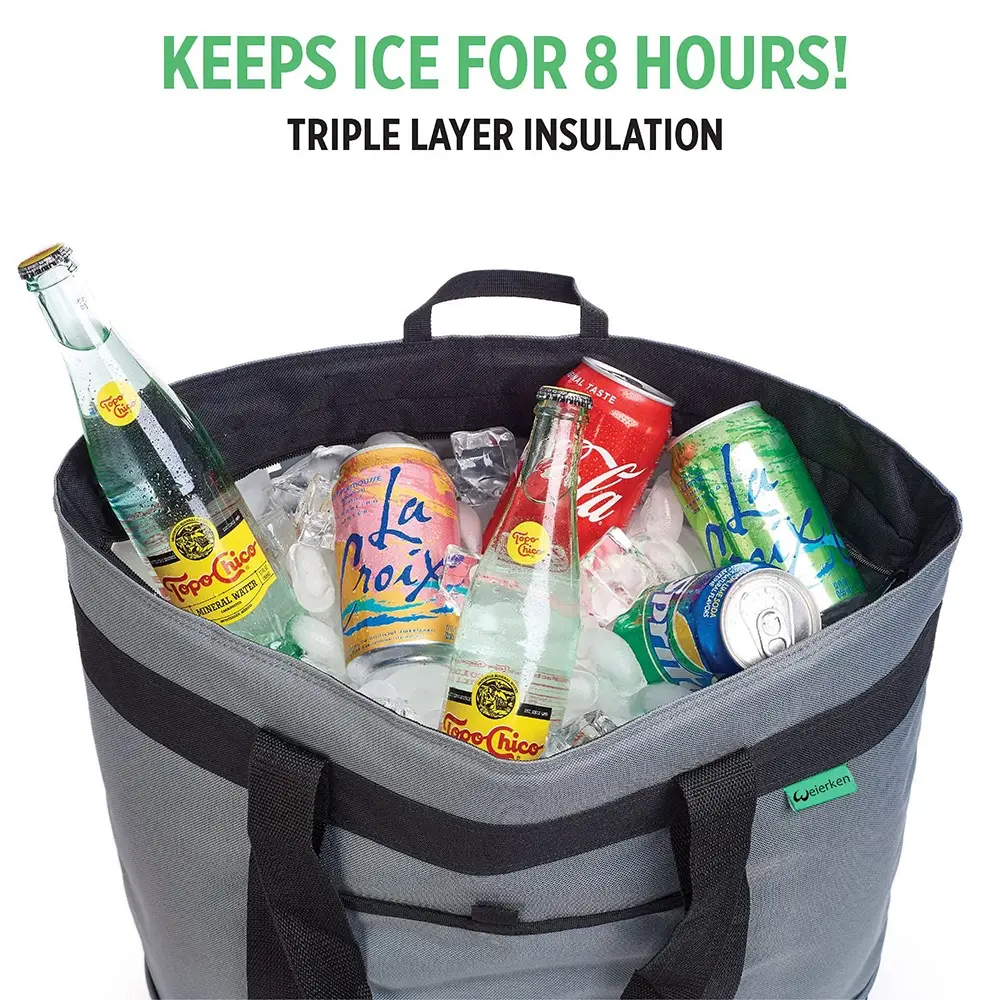
Expanding Your Product Range: The Strategic Value of Insulated Bags
While standard foldable bags serve a wide market, diversifying your product portfolio with functional variants can unlock new revenue streams. This is where an insulated bag bulk order becomes a strategic consideration.
Procuring insulated bags in bulk allows you to cater to the rapidly growing grocery delivery, meal kit, and specialty food retail sectors. These bags require a higher degree of technical expertise, specifically:
- Thermal Performance: The core requirement. The insulation material (often foam or recycled thermal lining) and its thickness directly determine temperature retention. Your supplier must be able to specify these parameters.
- Leak-Resistance and Durability: Materials need to be easy to clean and withstand moisture. A PEVA or similar food-grade lining is often essential.
- Seam Sealing: To maximize thermal efficiency, high-quality insulated bags often feature sealed seams, preventing cold or heat from escaping through stitch holes.
For businesses looking to make a bulk order of custom insulated bags, partnering with a manufacturer like Weierken that has proven experience in this niche is critical to ensuring product performance and customer satisfaction.
Partnering for a Sustainable and Profitable Future
Sourcing foldable shopping bags bulk is a multifaceted procurement decision with significant implications for your brand and operations. It demands a supplier that functions as a true partner—one with the technical expertise, compliance knowledge, and production reliability to deliver on your promises.
By focusing on the factors outlined in this guide—R&D capabilities, verifiable environmental compliance, transparent lead times, and essential certifications—you can make an informed choice that delivers value far beyond the per-unit cost. It’s an investment in a product that carries your brand responsibly into the future.
FAQ: Your Insulated Bag Bulk Order Questions Answered
Q1: What is the typical minimum order quantity (MOQ) for a custom insulated bag bulk order?
A1: MOQs can vary significantly based on the complexity of customization (e.g., unique size, fabric, printing). Generally, for a standard insulated bag bulk order, expect MOQs to start from 1,000 to 5,000 pieces. It’s always best to discuss your specific project requirements with your supplier for an accurate quote.
Q2: What customization options are available for insulated bags in bulk?
A2: Beyond standard branding (logos, artwork via printing or embroidery), you can customize handle types (carry handles, shoulder straps), closure mechanisms (zippers, Velcro, drawstrings), and even add features like external pockets. The material, such as the outer shell (e.g., polyester, RPET) and inner lining, can also be specified to meet your performance and branding needs.
Q3: How is the thermal efficiency of these bulk insulated bags tested and guaranteed?
A3: Reputable manufacturers conduct in-house or third-party thermal retention tests. This involves measuring the internal temperature of the bag over a set period with a hot or cold pack inside. When placing your insulated bag bulk order, request data on the bag’s thermal performance to ensure it meets the requirements for your specific application, such as keeping frozen goods cold for several hours.
Q4: Are the materials used in your insulated bags compliant with food safety standards?
A4: Yes, for any insulated bag bulk order intended for food transport, it is imperative that the materials are food-safe. Look for suppliers whose products are compliant with FDA or EU food contact regulations. The interior lining should be made from non-toxic, easy-to-clean materials like food-grade PEVA or similar.
Q5: Can you accommodate mixed-SKU bulk orders, for example, combining standard foldable bags with insulated versions?
A5: Many professional suppliers, including Weierken, are equipped to handle mixed-SKU orders. This allows you to consolidate your procurement, streamline logistics, and offer a diverse product range to your clients from a single, reliable source. This is a common practice for distributors and large retailers.
